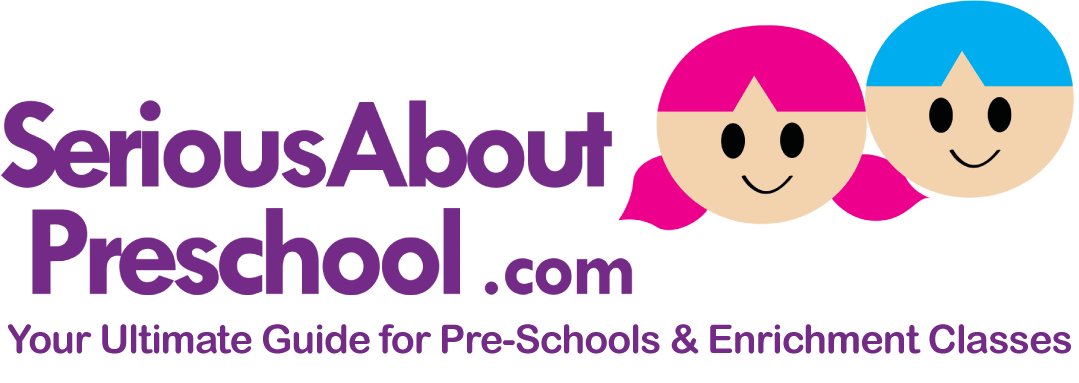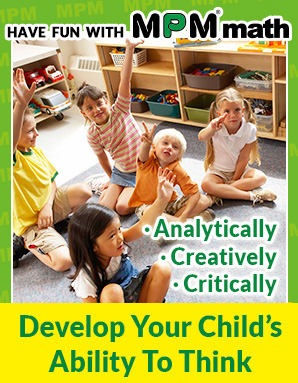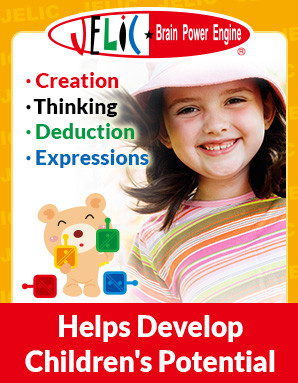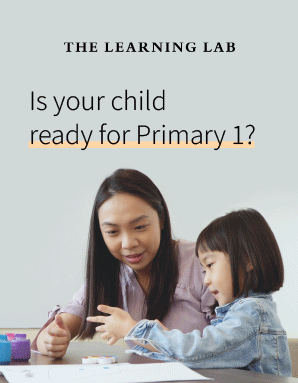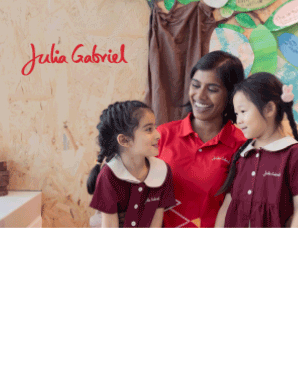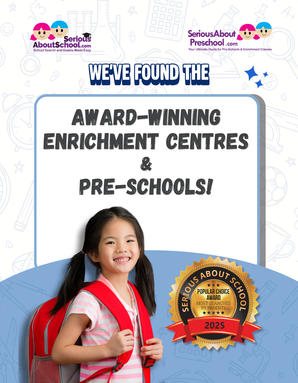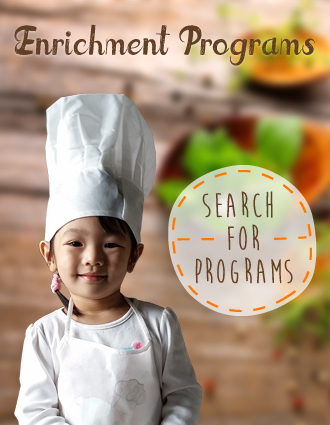Question:
How do I know if my child is ready for Primary 1 next year?Asked By : Jojomojo
Words from the Expert:
Ask Yourself These 3 Simple Questions to Find Out if Your Child is Ready for Primary 1
With new classmates, new teachers and a new learning environment, your child’s world is about to get a lot bigger.
This exciting change offers many opportunities for personal, social and cognitive growth. To find out if your child is ready for Primary 1, you can ask yourself these 3 simple questions:
1. Does my child know how and when to ask for help?
As your child moves towards being in a bigger classroom in Primary 1, he or she has to learn how and when to ask for help when he or she needs it.
It is important to encourage your child to identify teachers and or other school staff who can be approached for help, just in case he or she needs assistance while you're not around. These figures can be your child's teachers or even the security guard.
Recognising trustworthy figures of authority can make children feel more secure in a new environment, helping them to settle in more comfortably and quickly.
2. Can my child manage tasks on his or her own?
This may seem intuitive, but at the primary school level, your child will be expected to complete more tasks independently. Hence, being able to complete a task unaided and to follow instructions can go a long way in helping your child feel comfortable in a new environment.
You can begin with simple tasks that your child will probably have to achieve on his or her own at school such as dressing himself or herself or being responsible for belongings.
Encourage your child to dress himself or herself (which will come in handy for Physical Education classes), or tidy his or her room independently (which will help with keeping his or her desk neat at school). These tasks may sound simple, but can be tricky for children who are still developing fine motor skills.
3. How well can my child handle money?
Managing an allowance is a big part of your child’s experience of entering the world of primary school.
Introducing your child to the idea of money management is useful in building his or her numeracy skills.
Start by giving your child an allowance that adds up to slightly more than the cost of a school meal so your child can start the habit of saving money. You may reinforce the concept of saving by explaining to your child that any money that is not spent can be saved for future purposes, like buying a present for a friend or purchasing a toy he or she would like to buy.
Alternatively, you can give your child a small allowance and pack your child a lunch box. This allows your child to choose between eating the packed food (and thereby saving money) or buying food from the school canteen. This way, he or she can learn the concept of spending, saving and making choices.
The Learning Lab’s Early Years Programmes are designed to get your child ready for school. Find out more here.
The Expert:
Sue Lynn Lee
Academic Director for Early Years Programme





